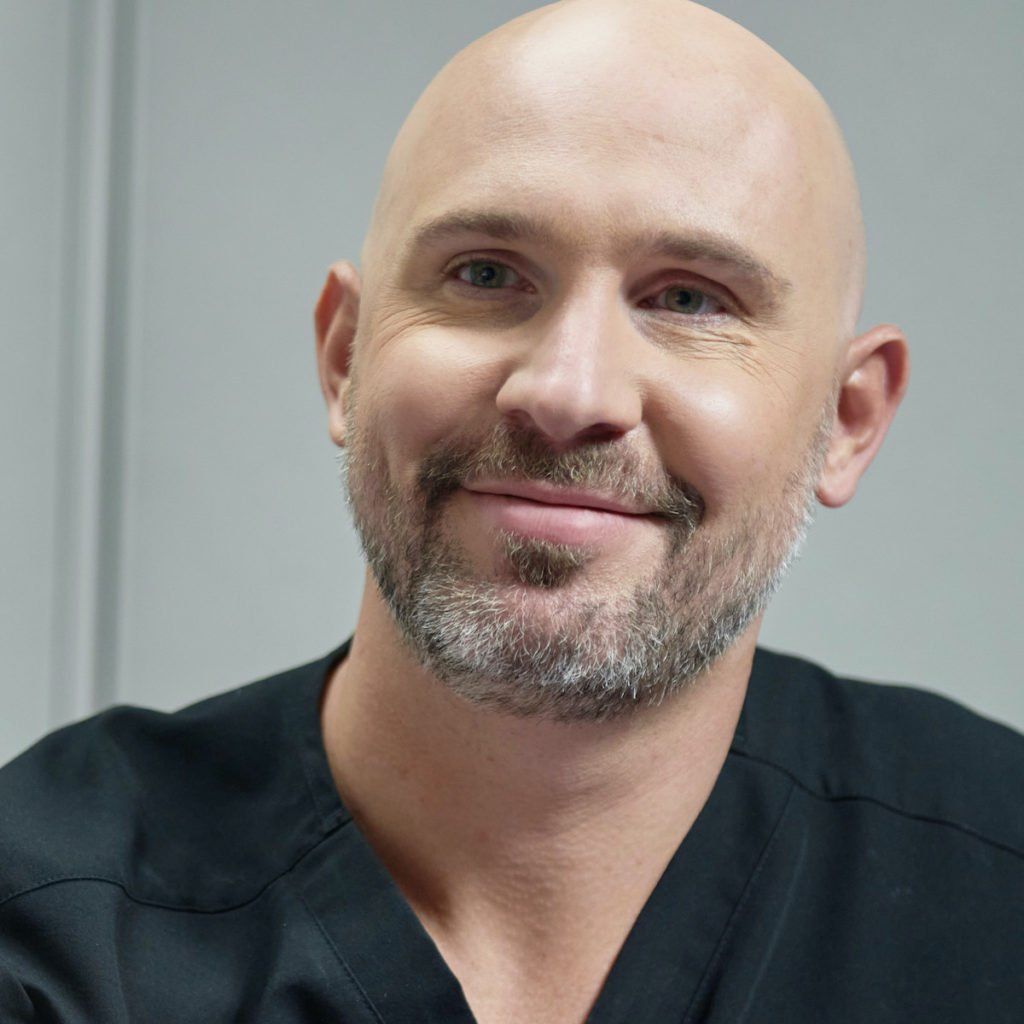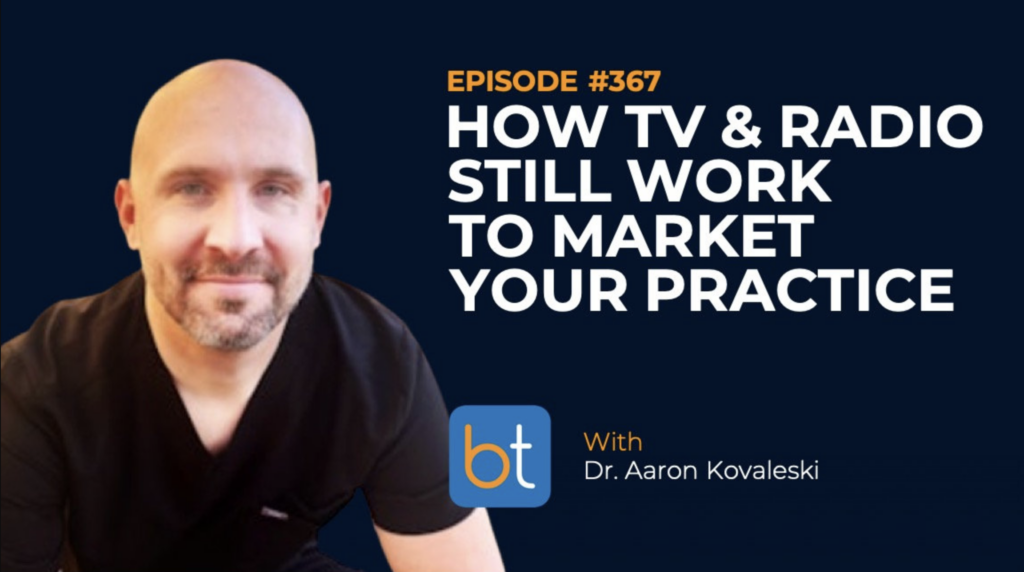Dr. Aaron Kovaleski, co-founder of a new interventional radiology practice based in Lone Tree, Colorado, rarely has a “typical” day. His office, the Endovascular Consultants of Colorado (or ECCO), specializes in treating liver cancer, PAE and more through minimally invasive surgeries. Kovaleki’s days are never boring because of the wide range of procedures performed, one of the best aspects of this specialty.
What does an Interventional Radiologists (IR) do?
Working through a small needle-puncture site, interventional radiologists can open clogged vessels, control life-threatening bleeding, shrink enlarged prostates, ablate varicose veins, and kill tumors with chemotherapy delivered directly to their blood supply. In addition they can also treat uterine fibroids without surgery, spine fractures, varicocele, and pelvic congestion syndrome.
Where do treatments and procedures take place?
At ECCO. The physicians don’t have to go to the hospital to treat their patients. Full nursing care, sedation, and recovery are all done just down the hall from the physician’s office in a small, intimate setting. Patients get one-on-one care, and the physician is not running off to another procedure or hospital. They are able to discuss procedure results right away with the patient and family members.
What makes patient care different in this field?
The office structure is unique and offers a stimulating environment for each doctor. That means physicians see patients in clinic- not the hospital- for consultation, whether it’s an initial visit or a follow-up. They also do telemedicine daily in between face-to-face visits, which means no unnecessary trips to the office.
Physicians also collaborate in the diagnostic portion of patient care. Discussion with the sonographer, who is just feet away from the physician’s office, occurs daily. Patients don’t leave the office until their study has been reviewed by the physician to ensure the optimal quality of the images. The clinic visit usually occurs immediately after diagnostic imaging, so there is no delay in making a treatment plan – patients don’t go home wondering what their study showed – they learn right away.
What makes Interventional Radiology so interesting?
Constantly learning new things is what makes being an interventional radiologist so fulfilling. Problem-solving, image interpretation, combining clinical picture with procedural result are all things done on a daily basis at ECCO.
Every day initial consultations, follow-ups, telemedicine, diagnostic imaging, and definitive treatments occur. This sort of workflow allows the physicians to be directly involved in every single aspect of patient care from diagnosis to definitive treatment. ECCO is a totally unique model in today’s fragmented, specialized healthcare system.




